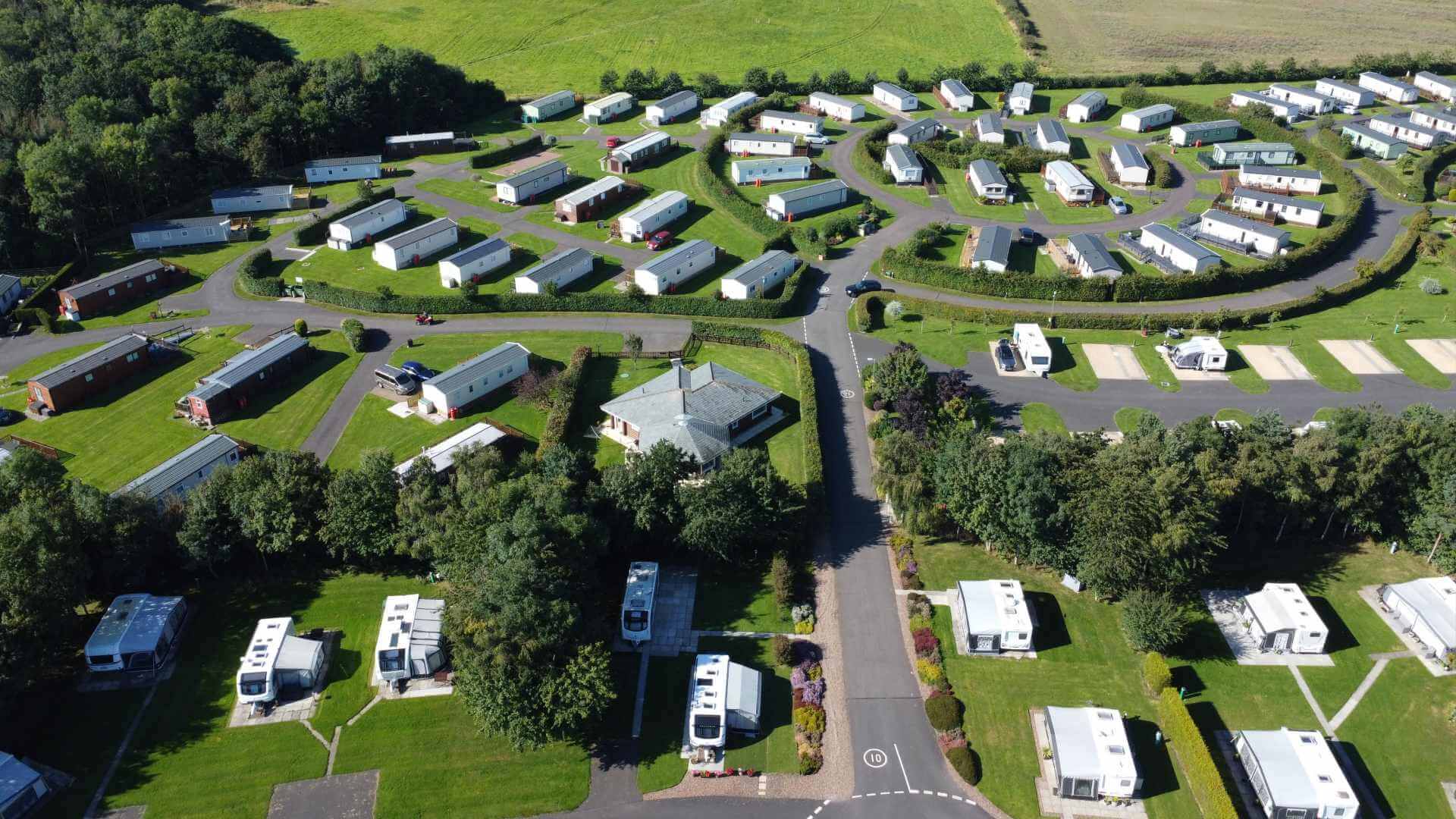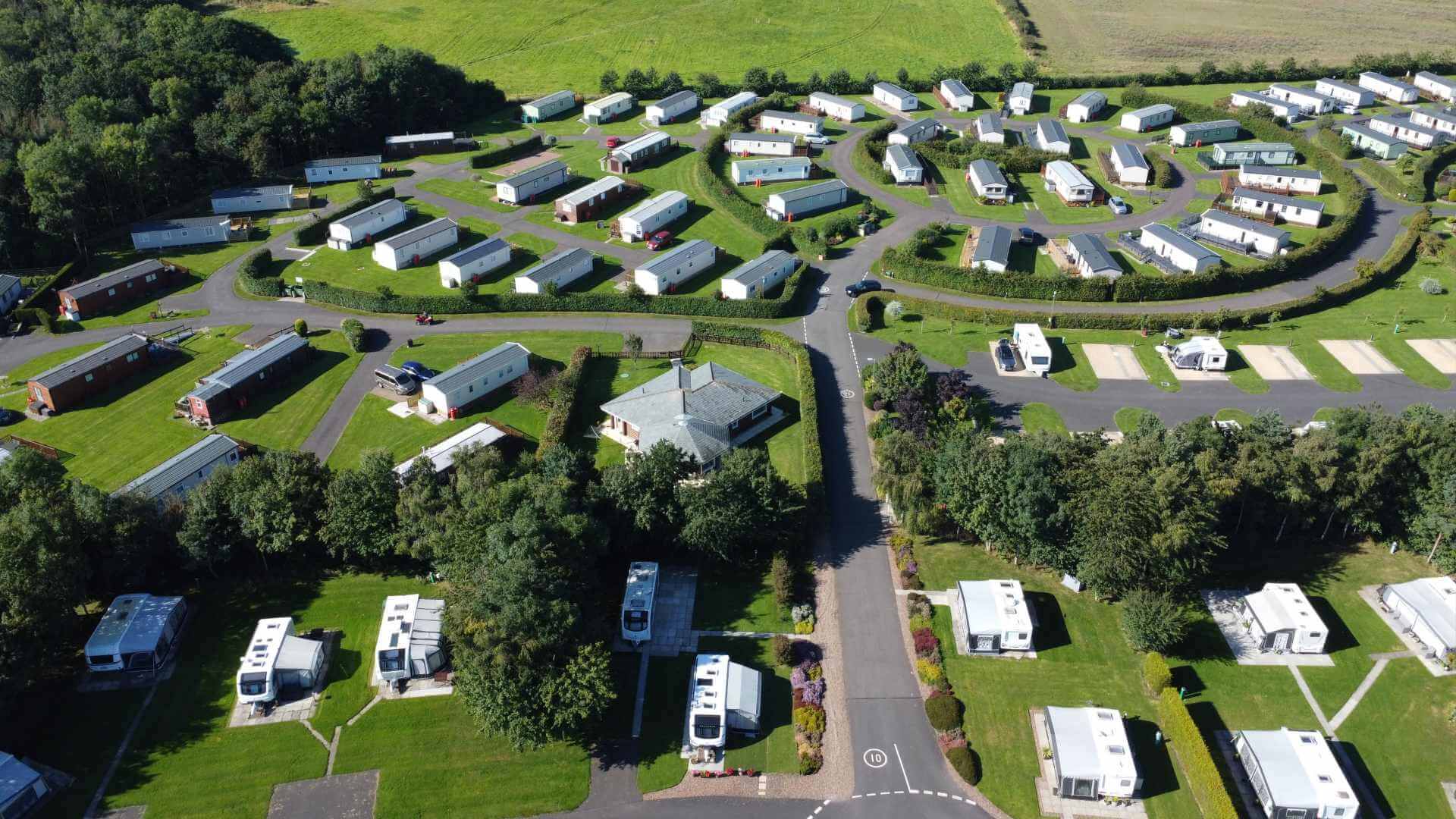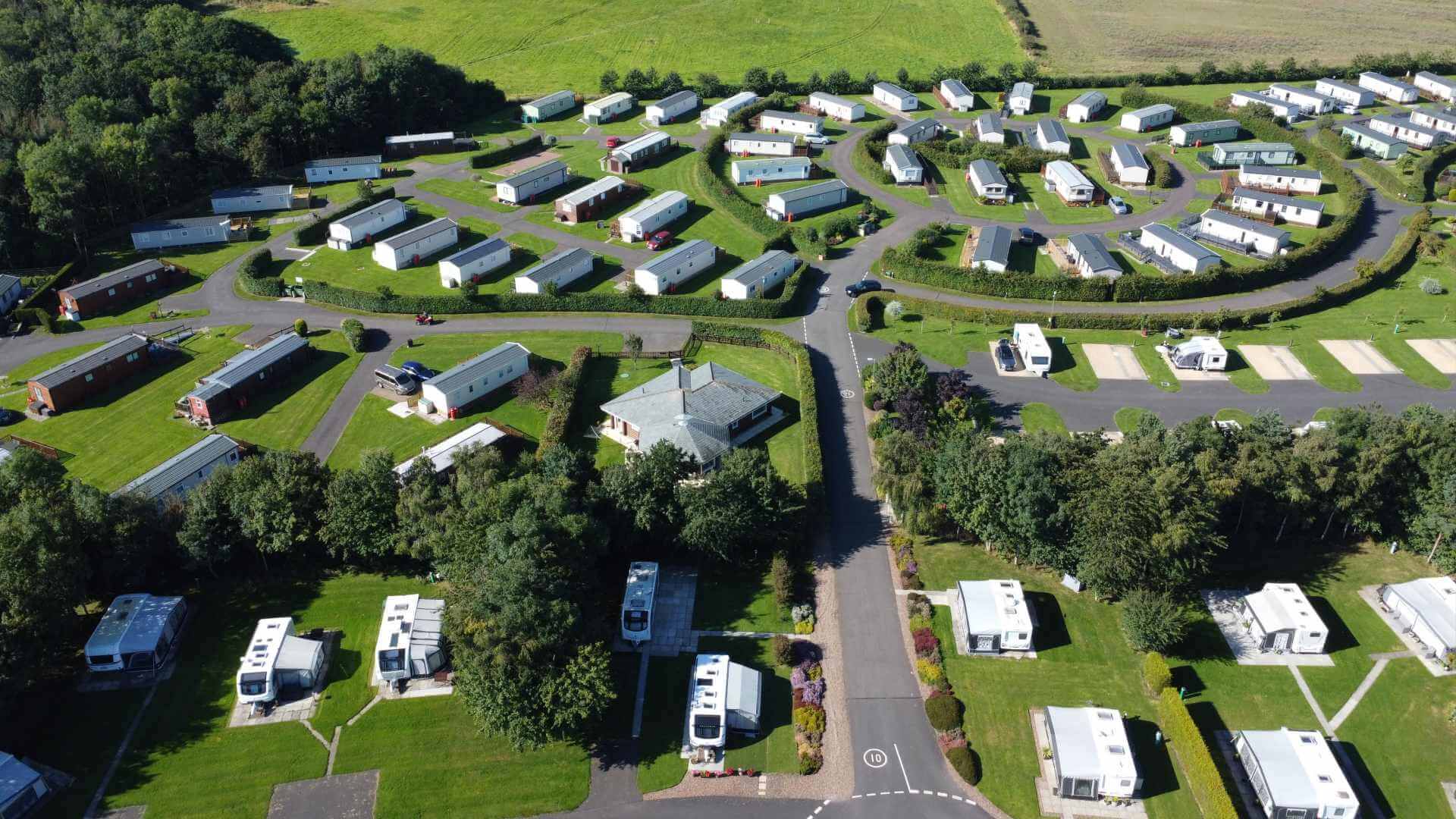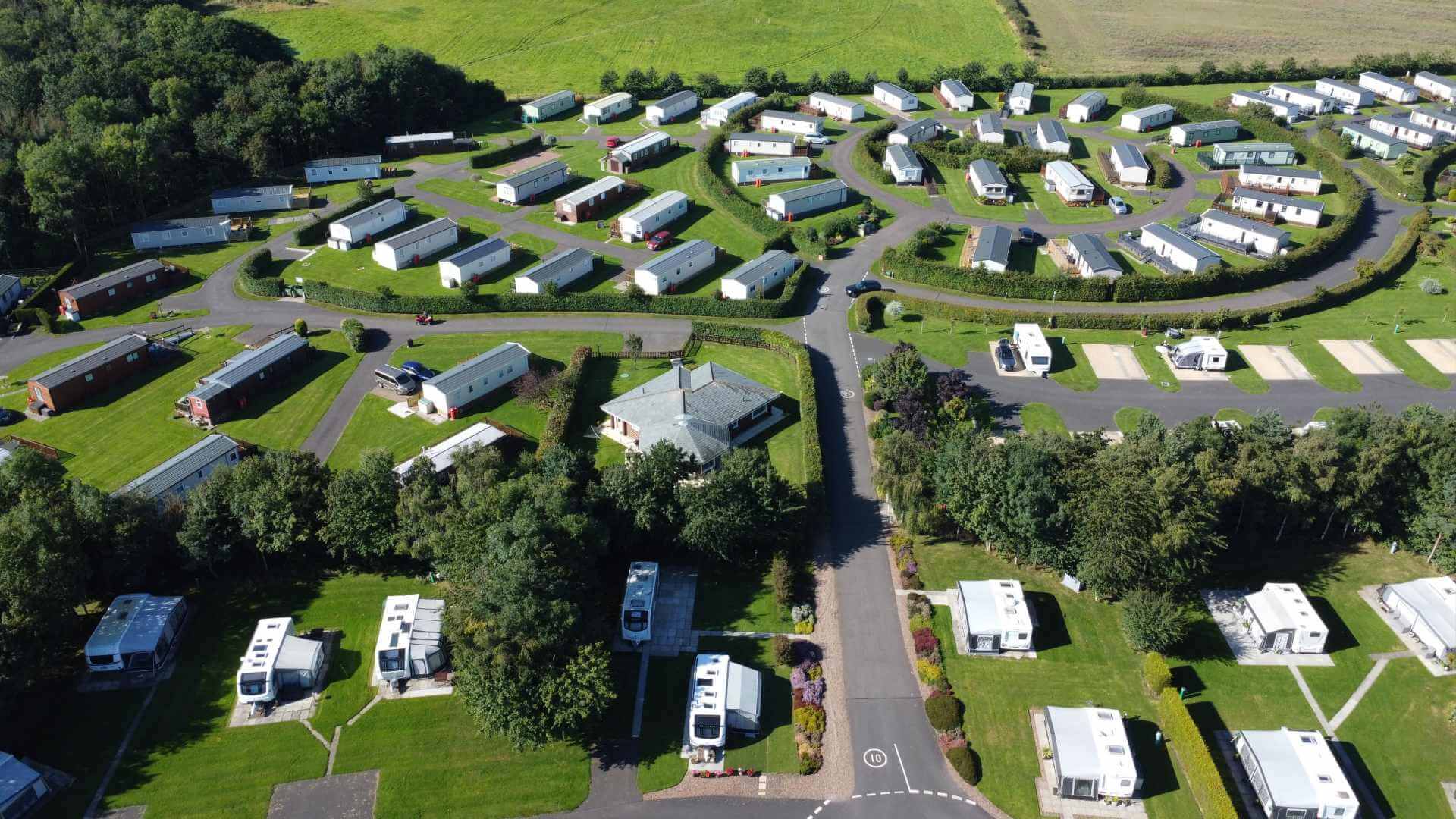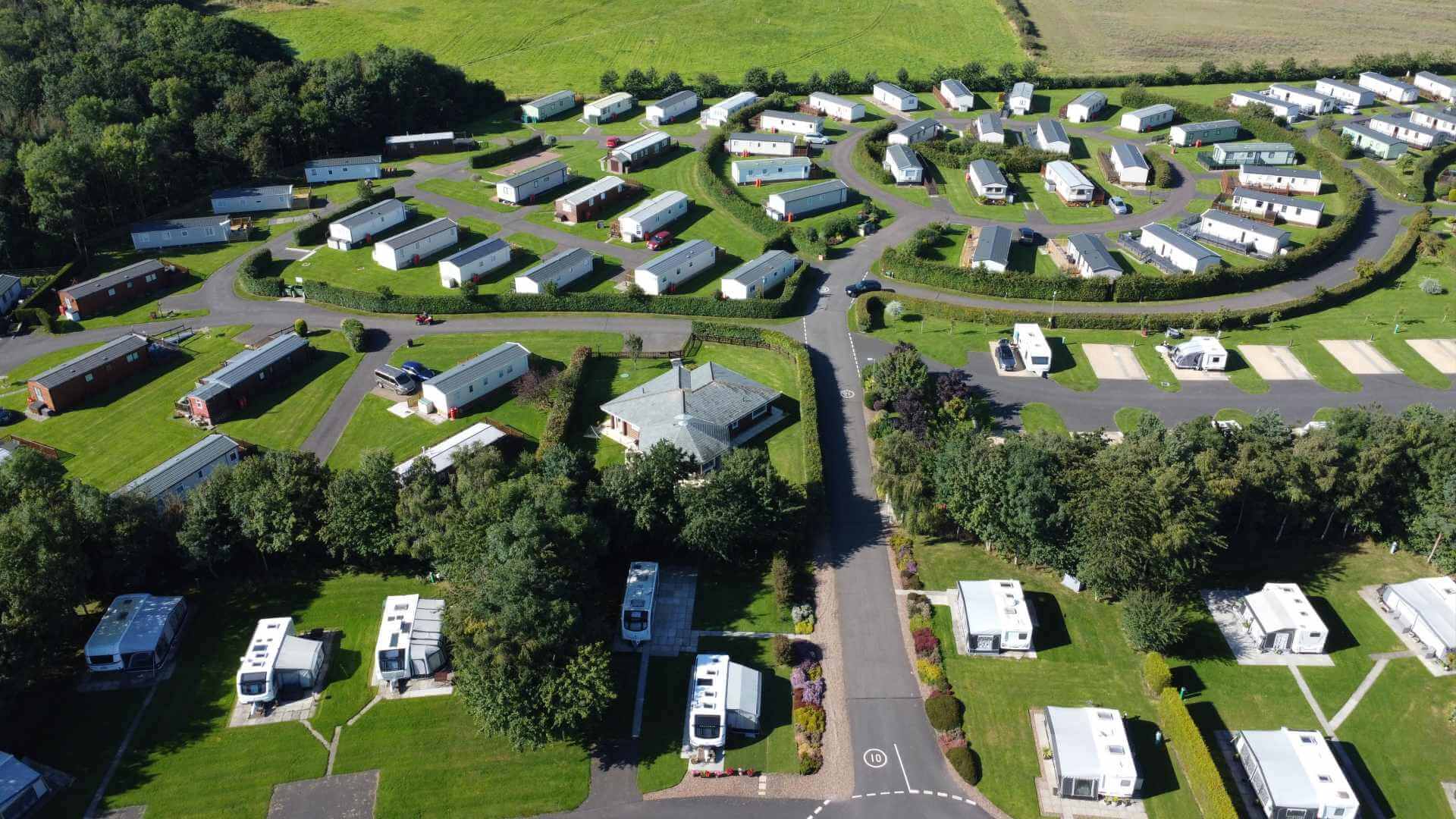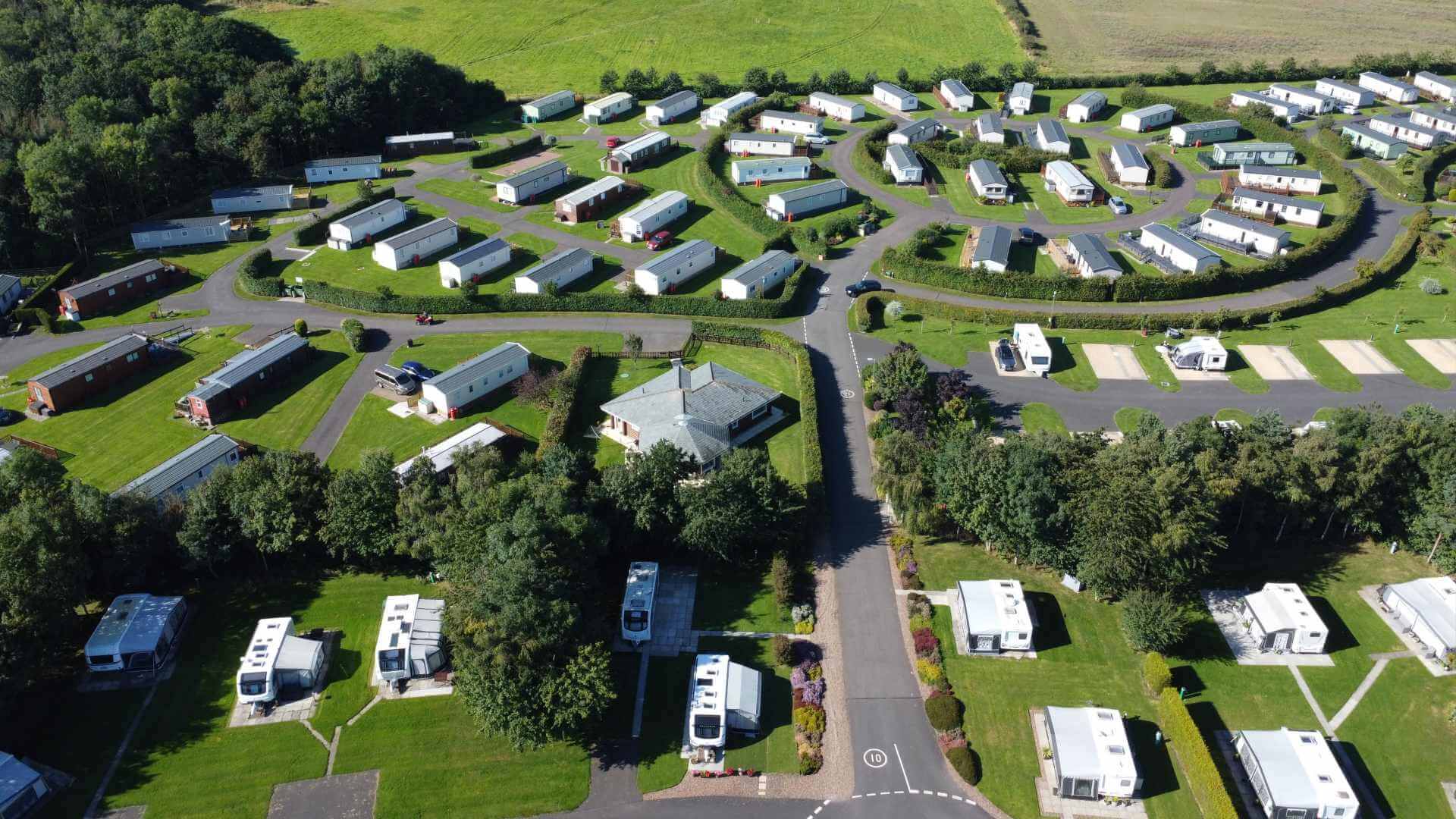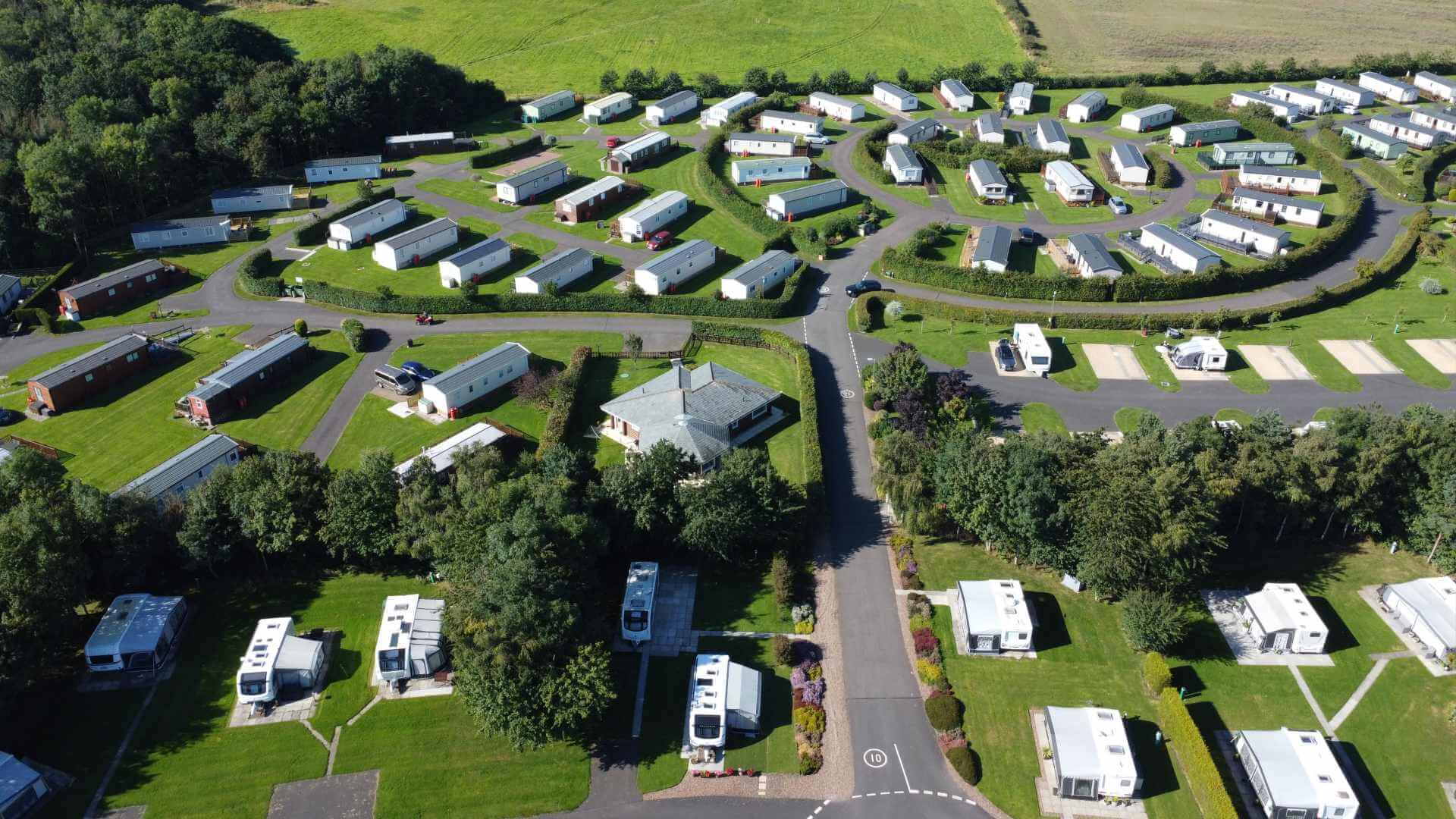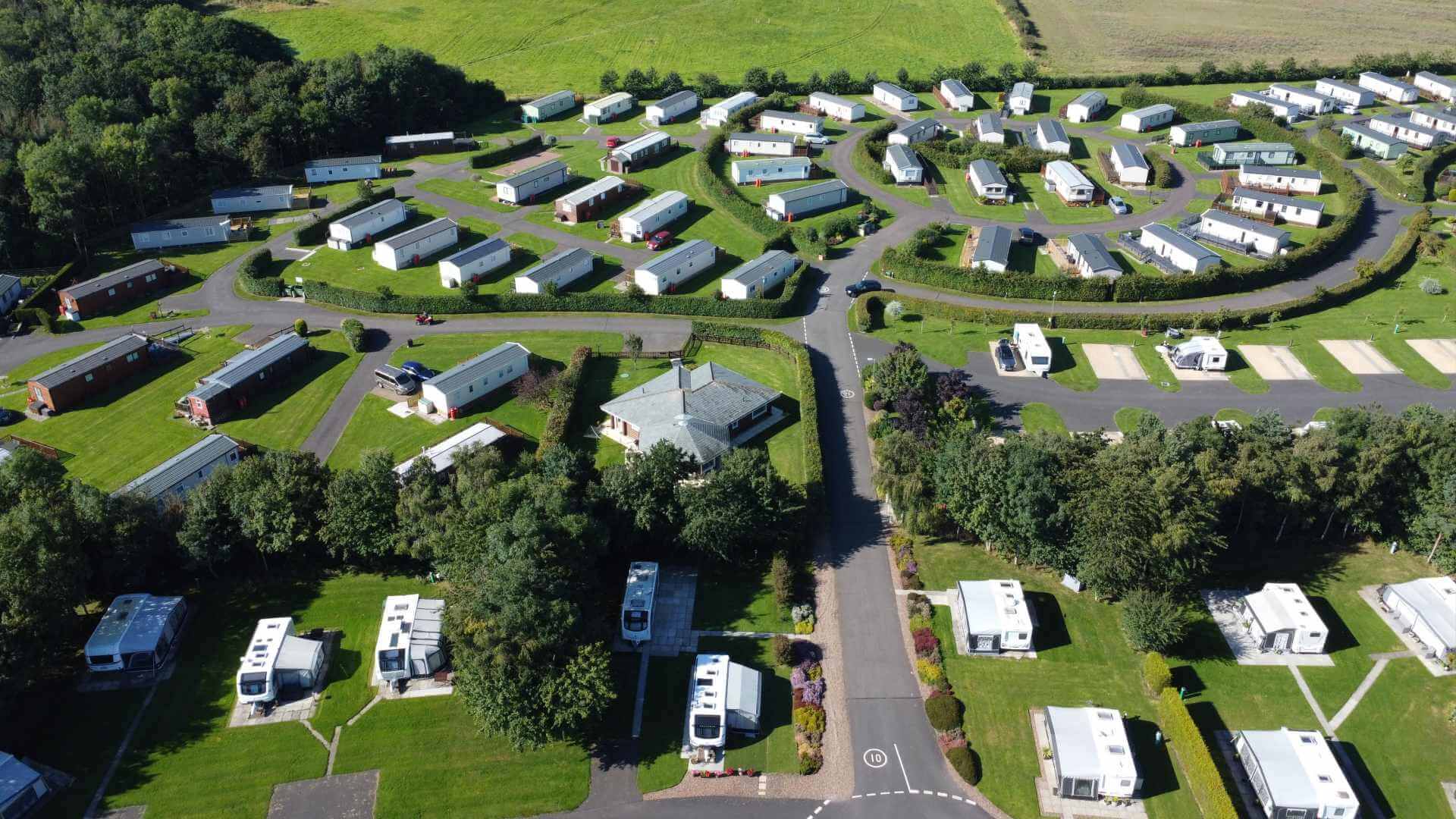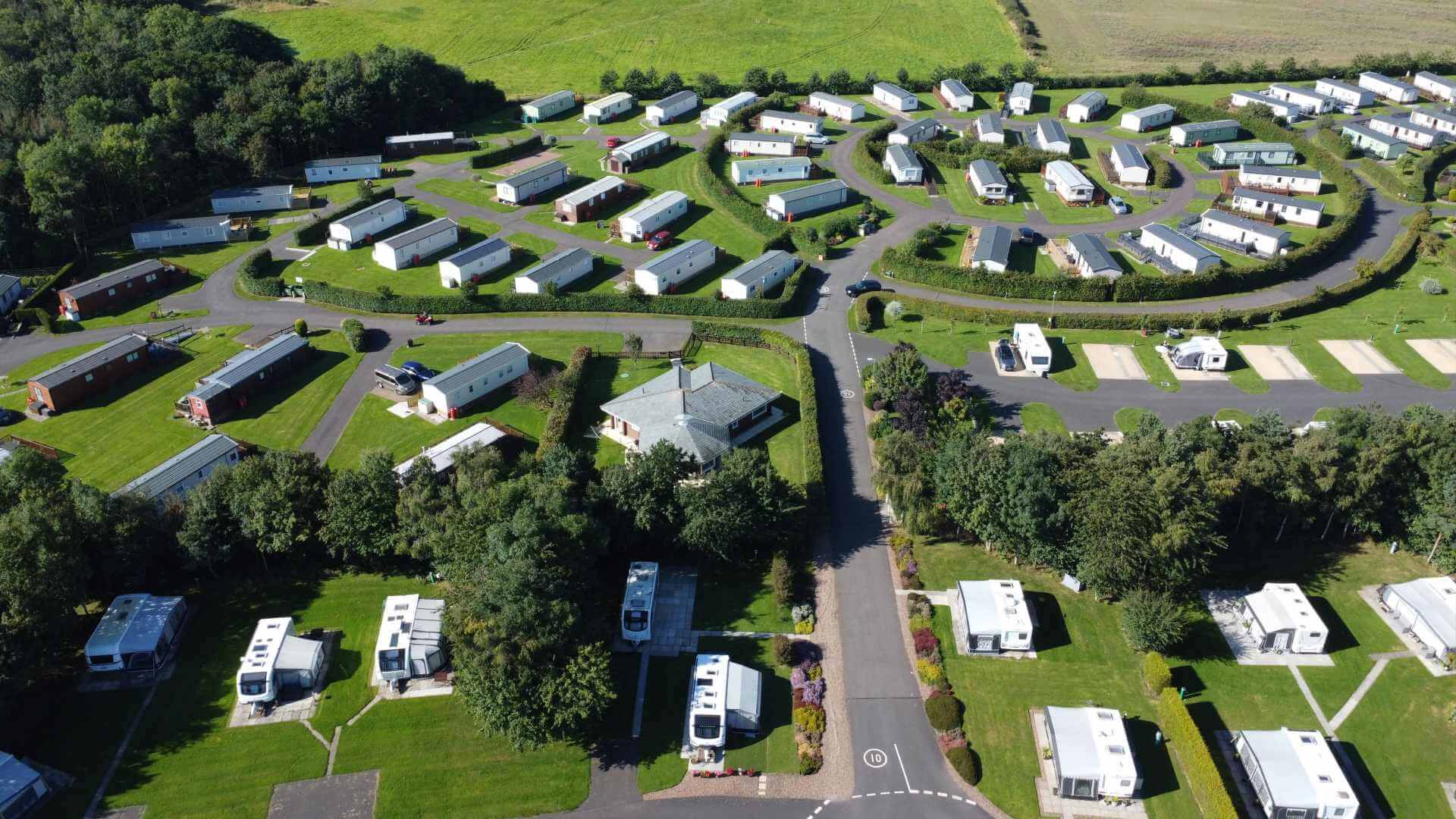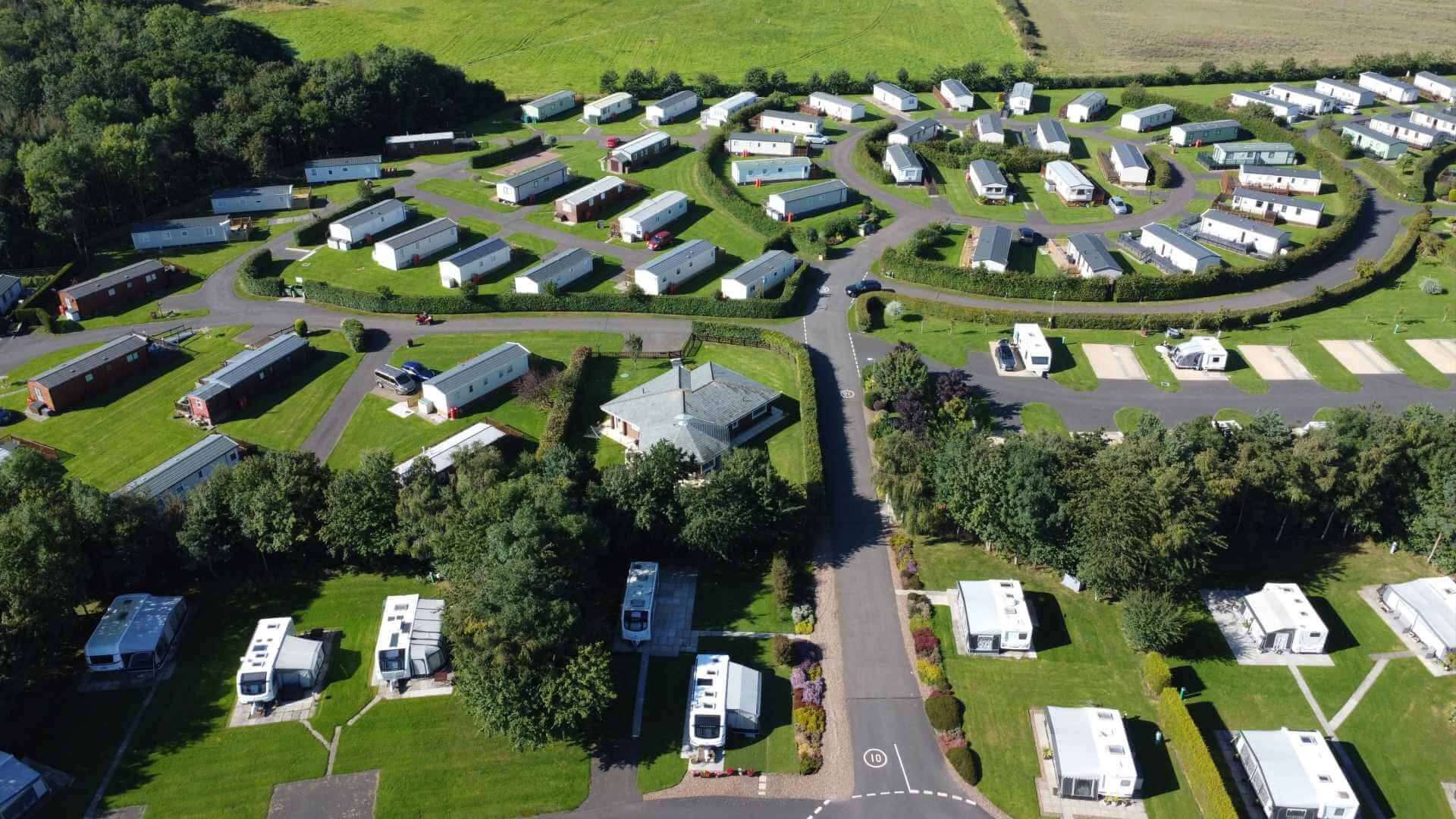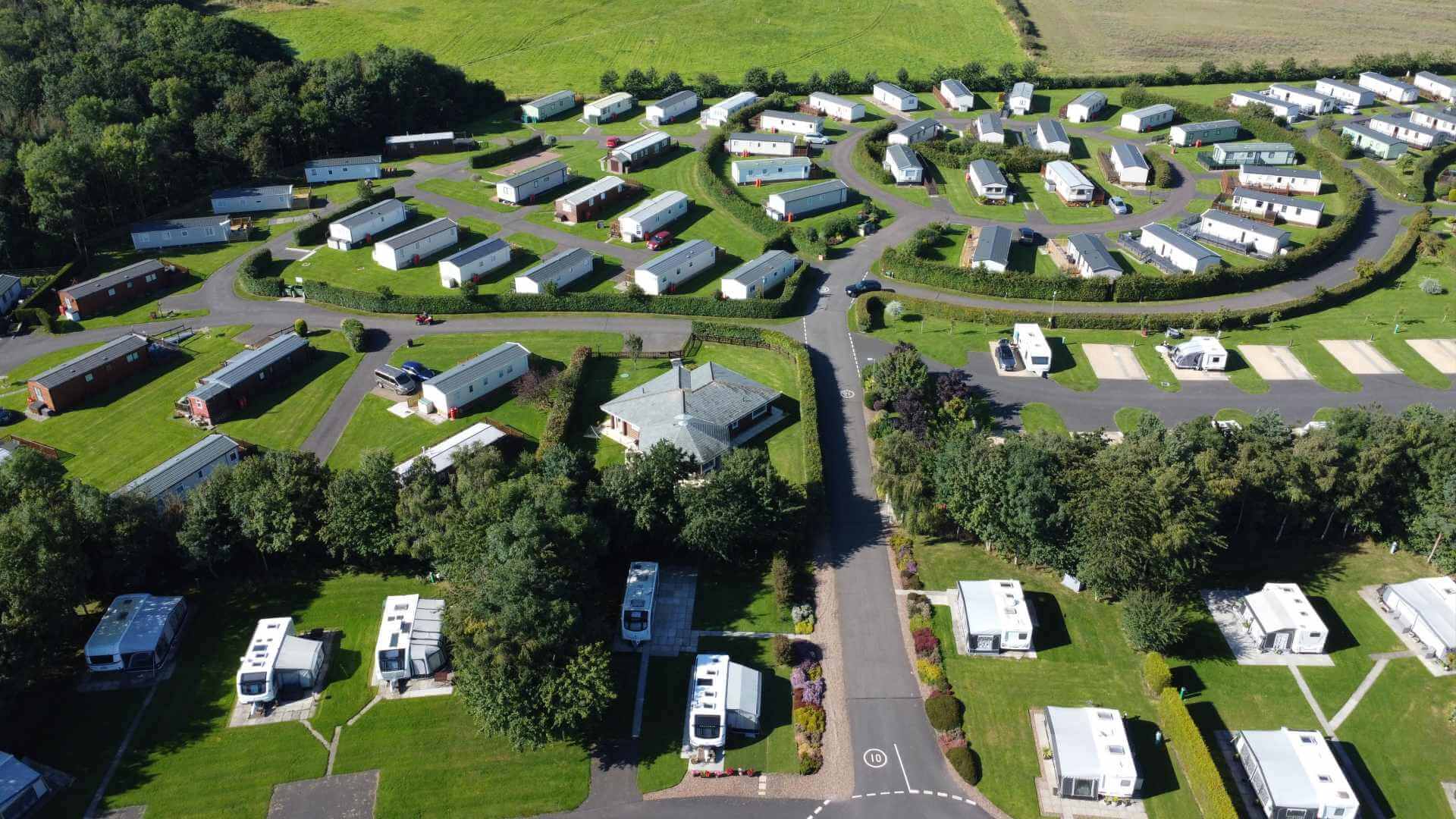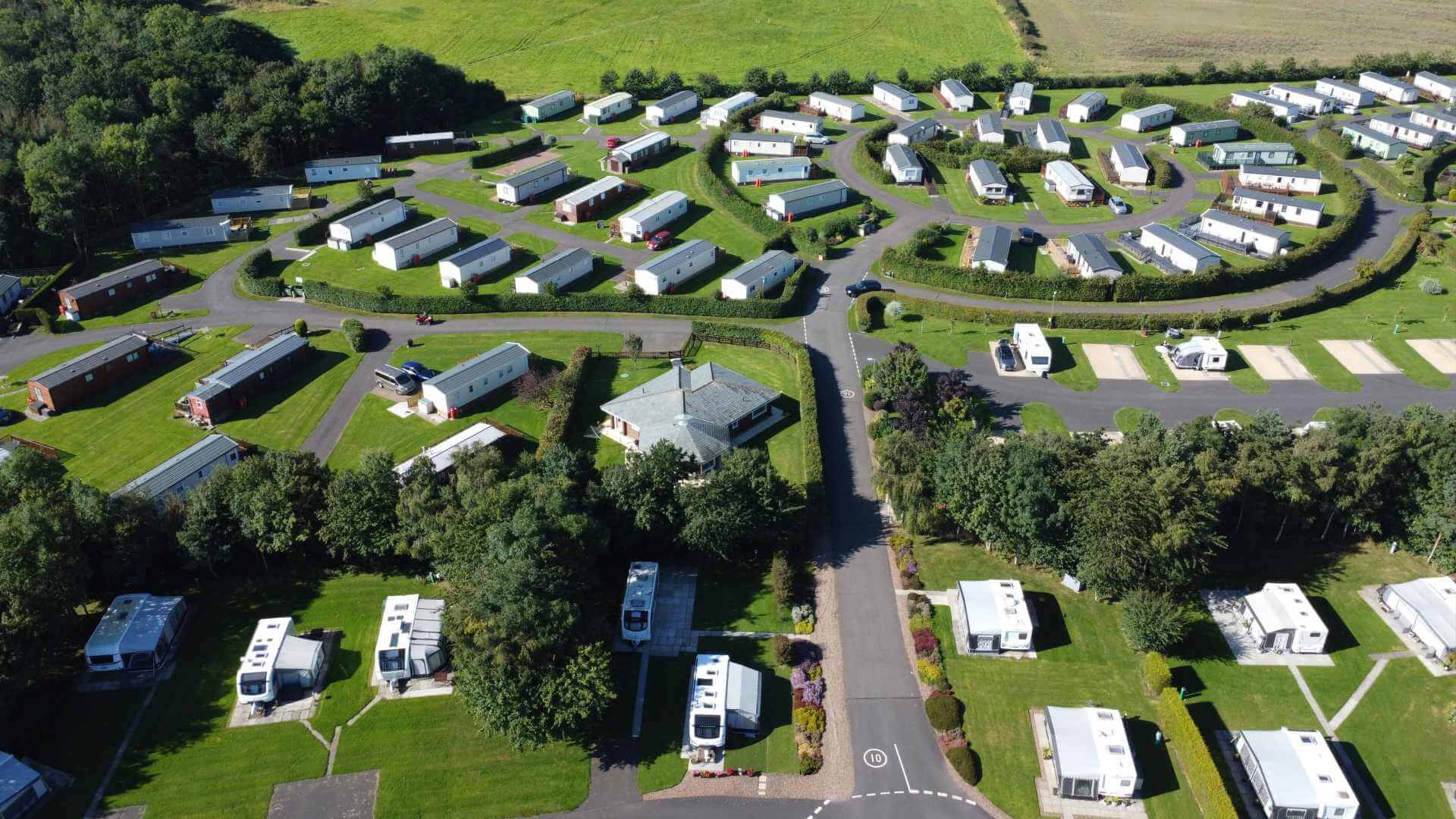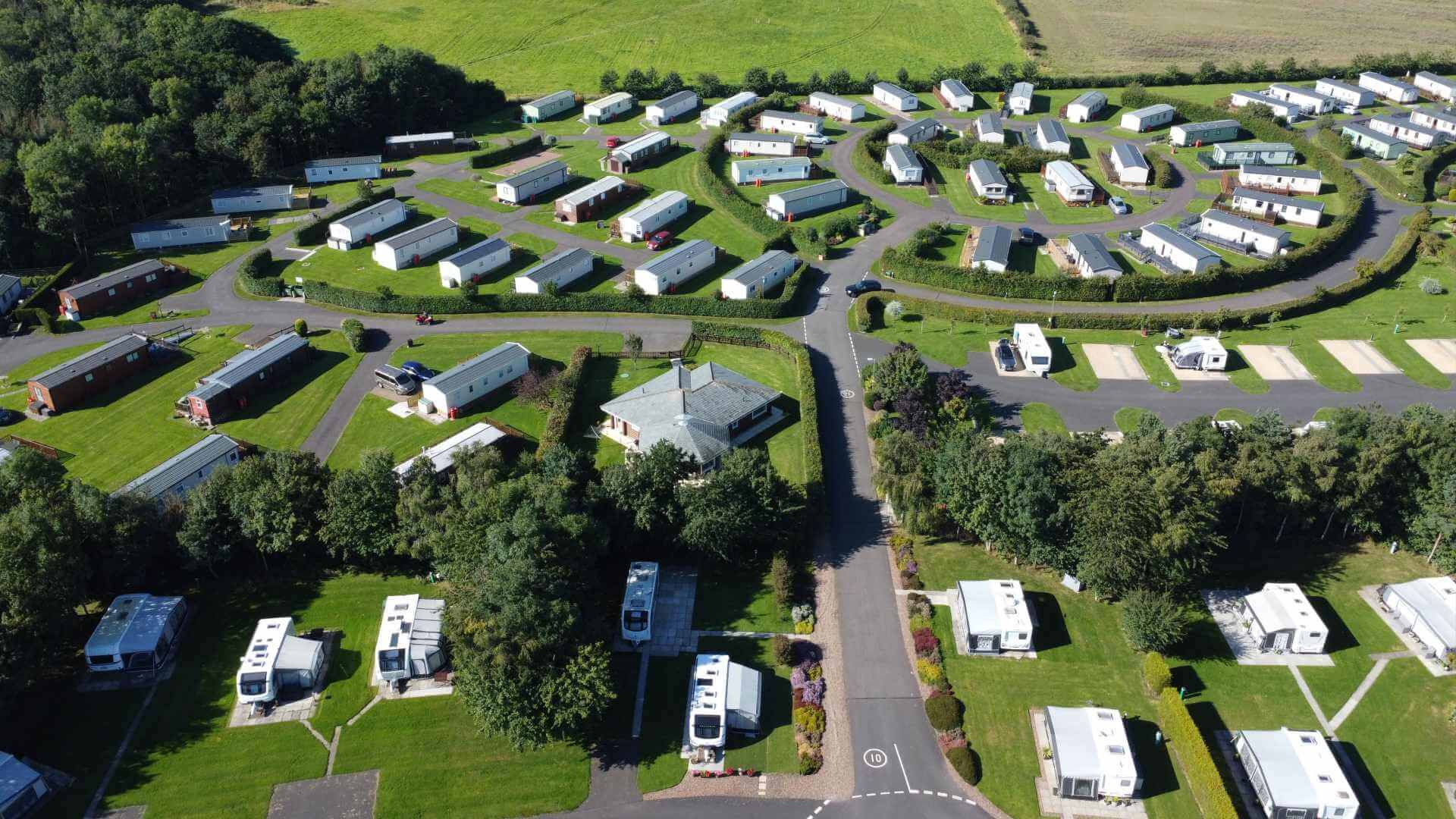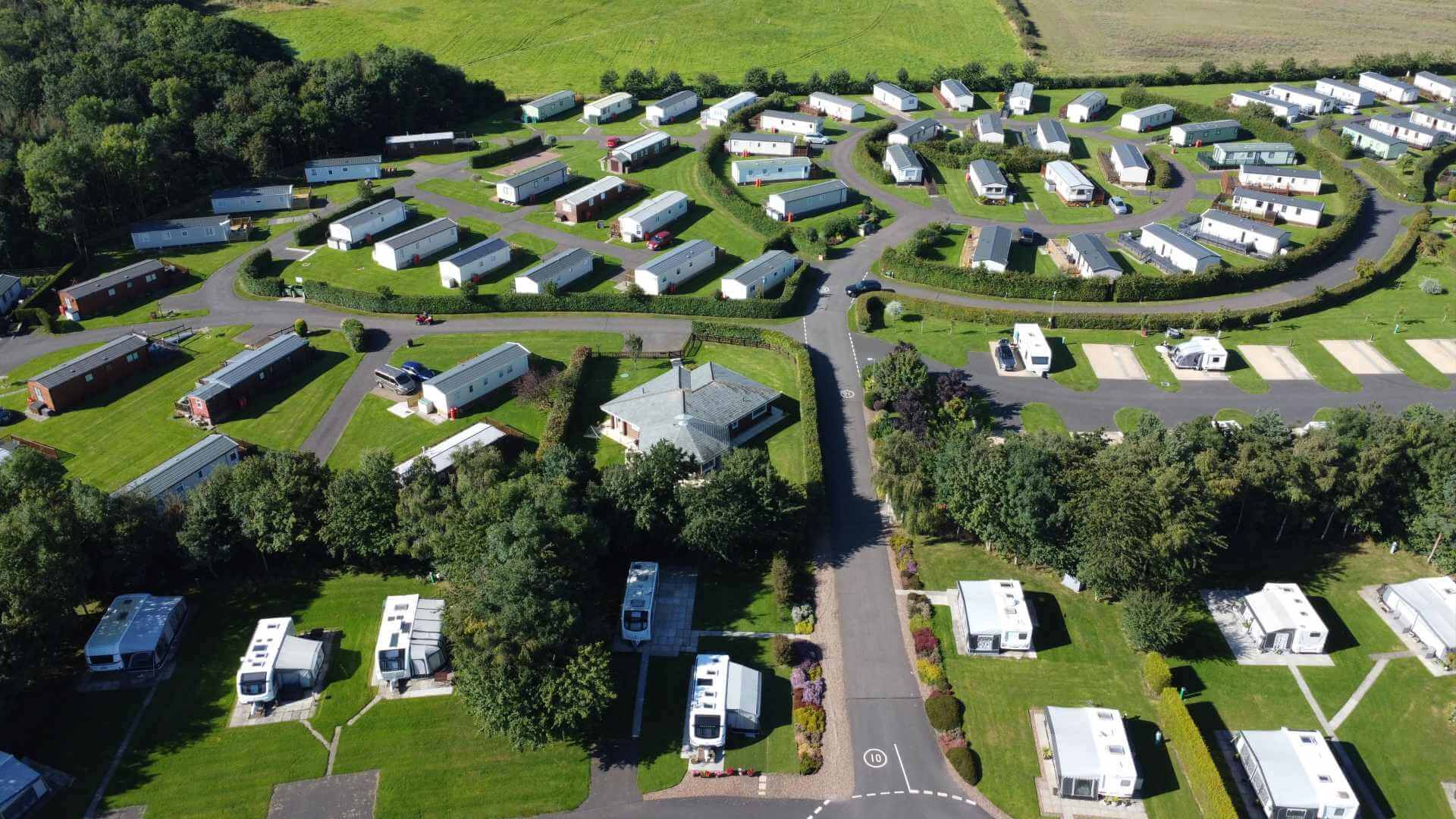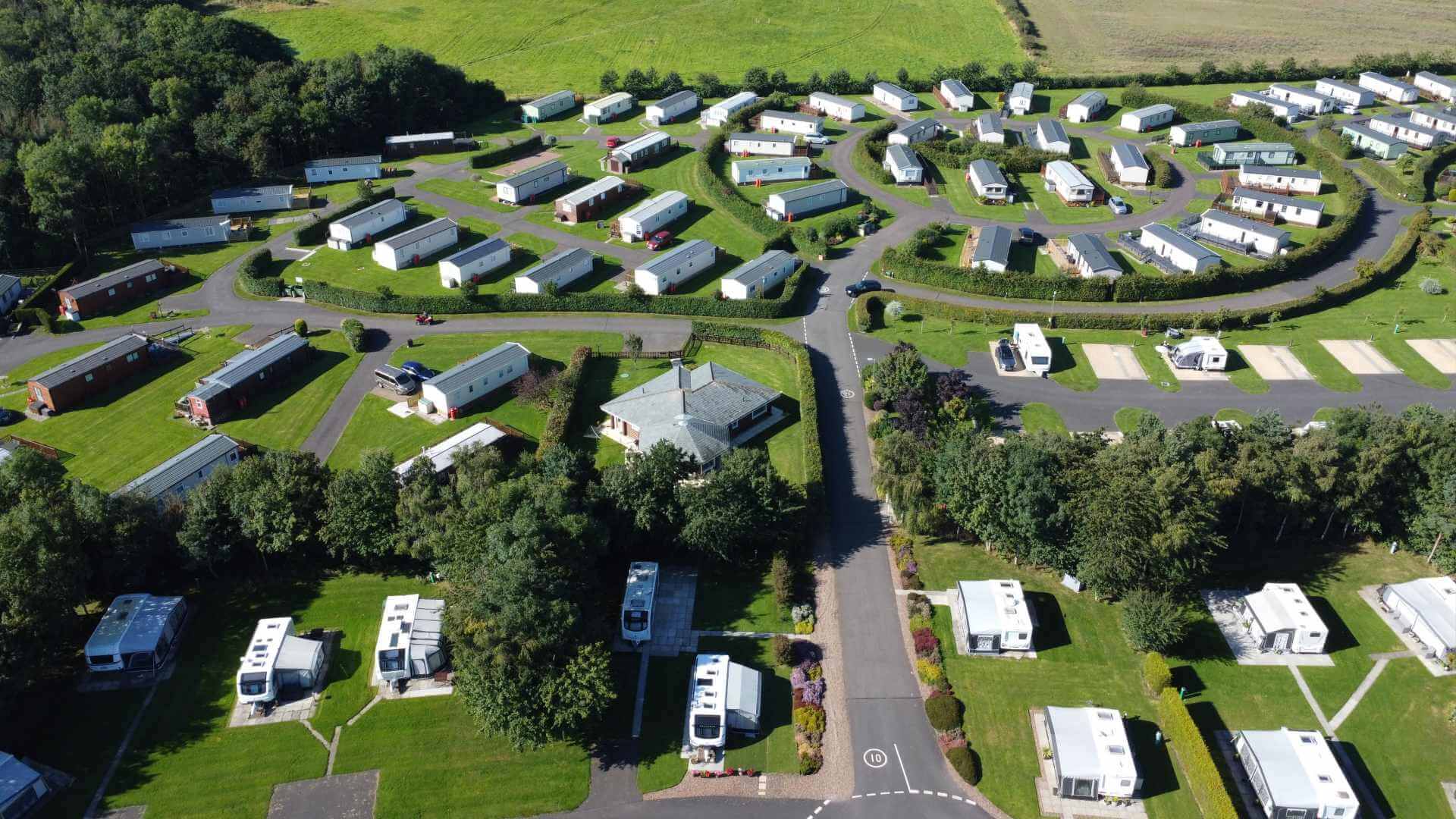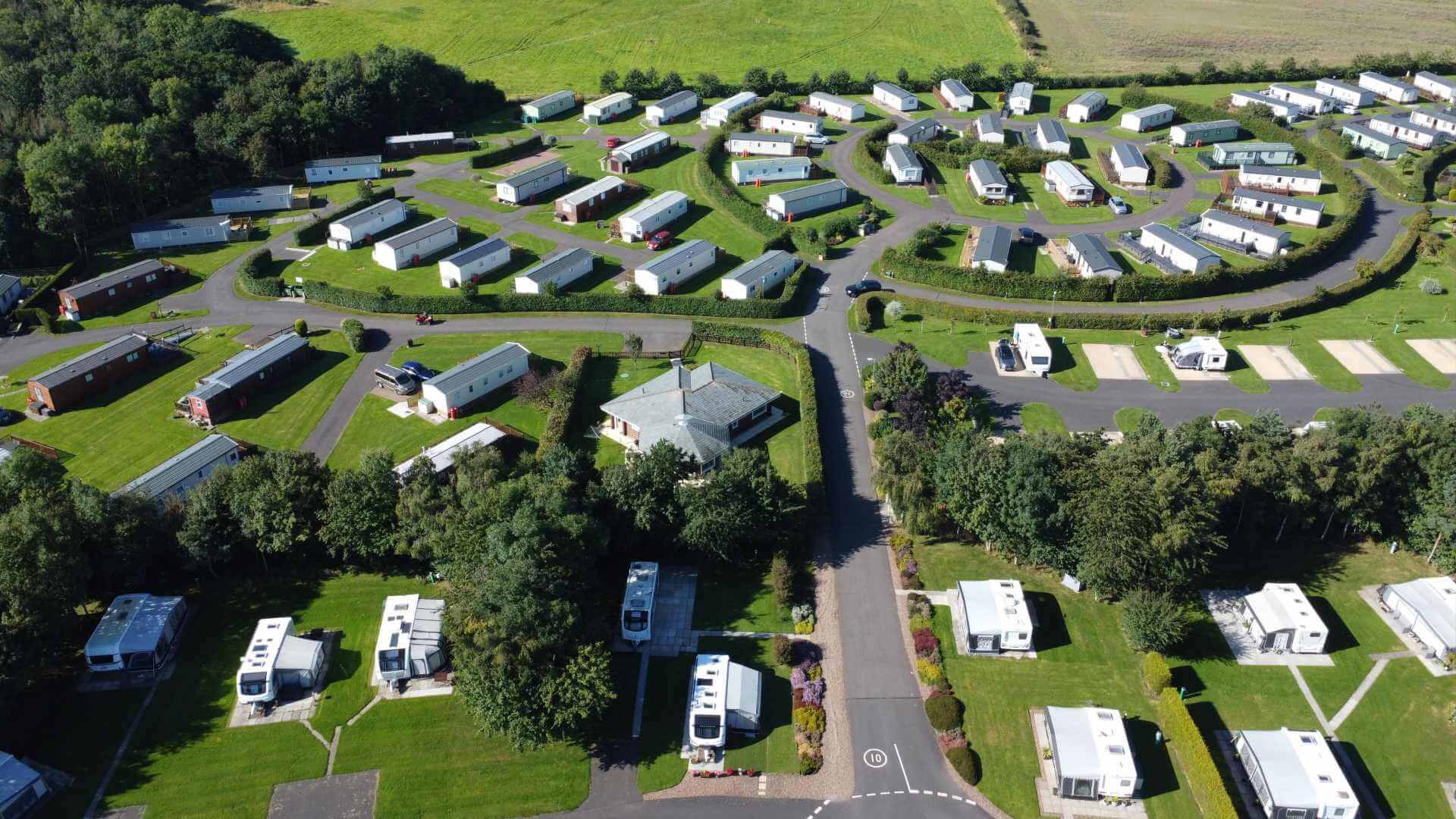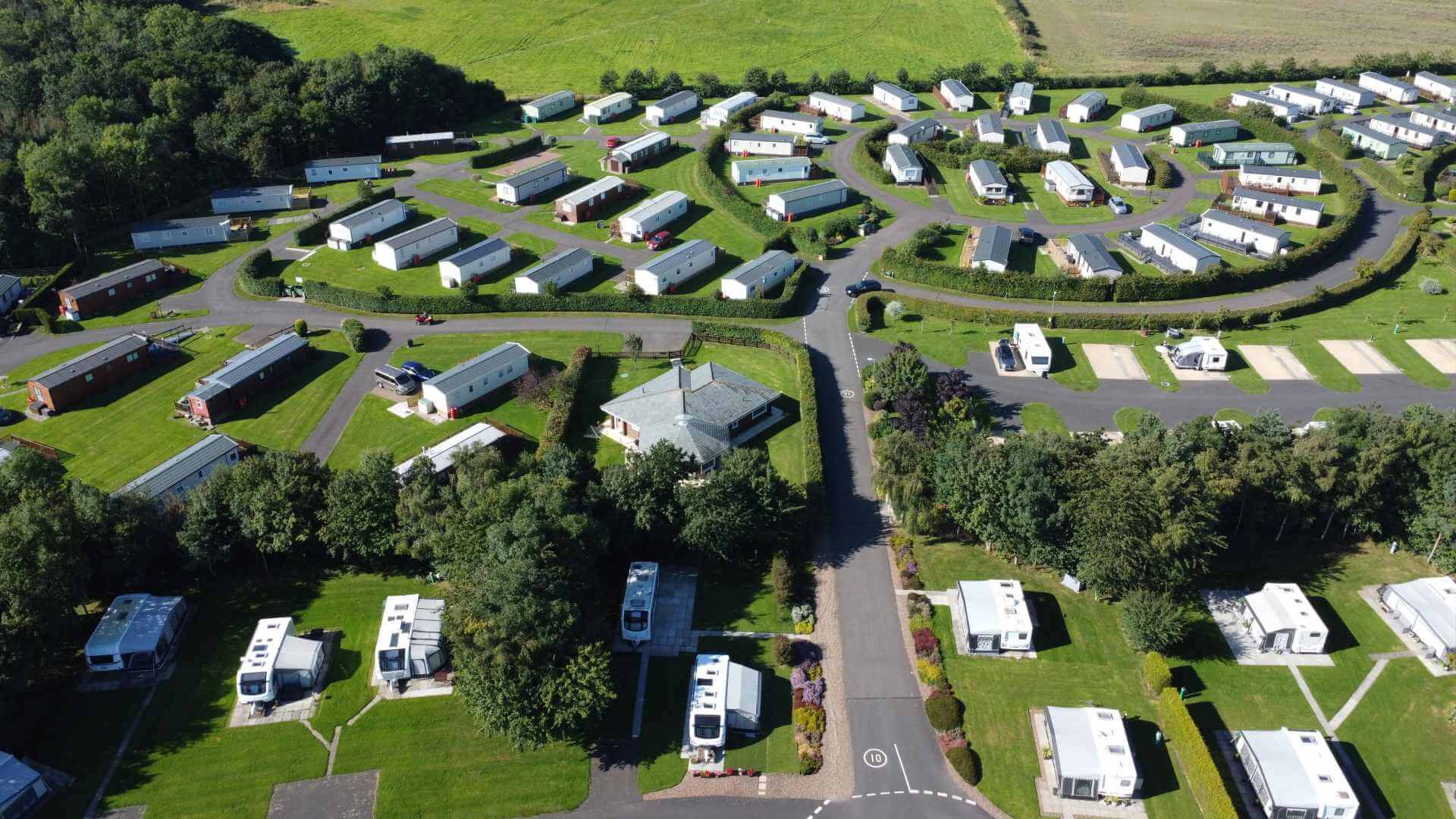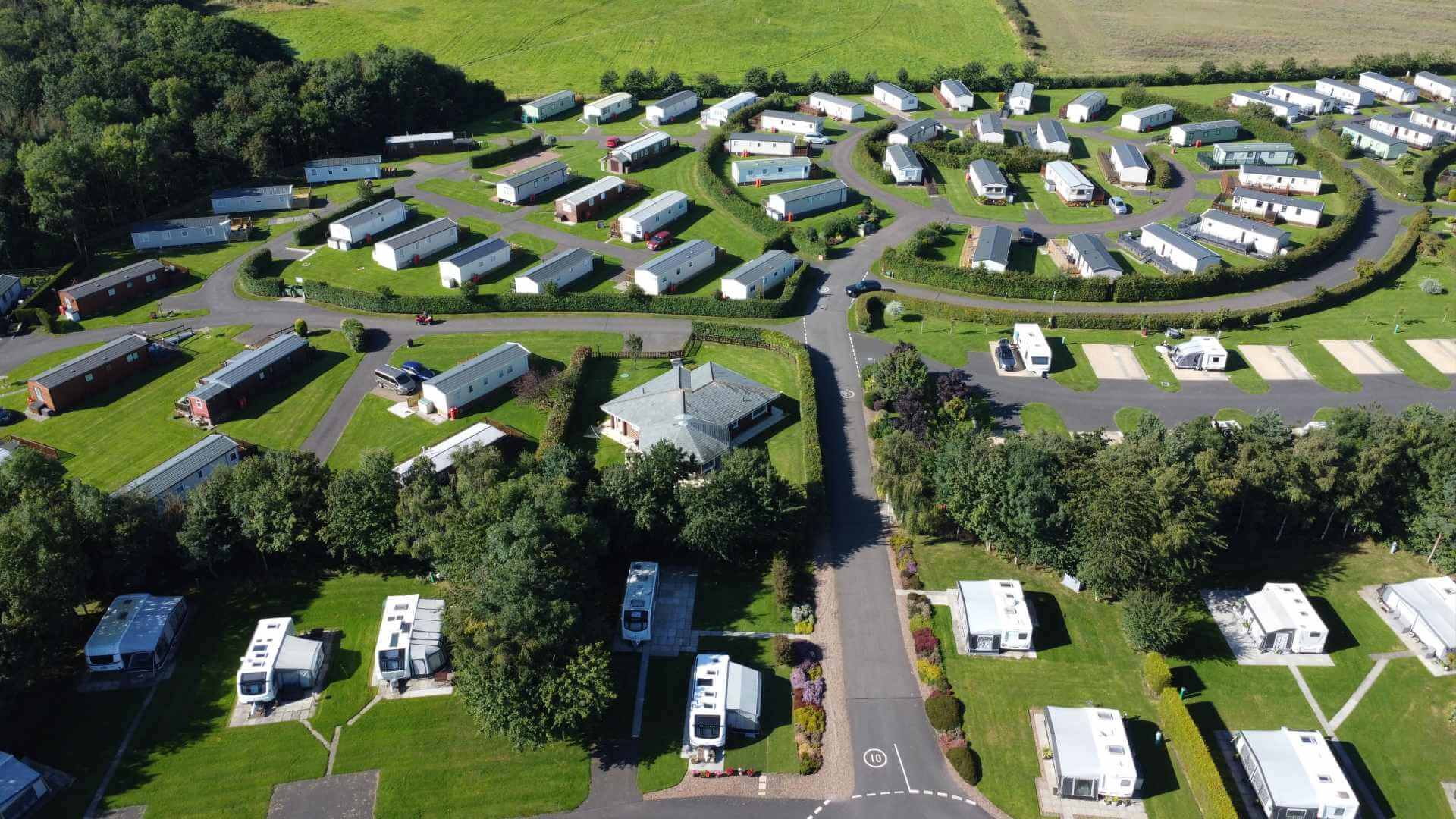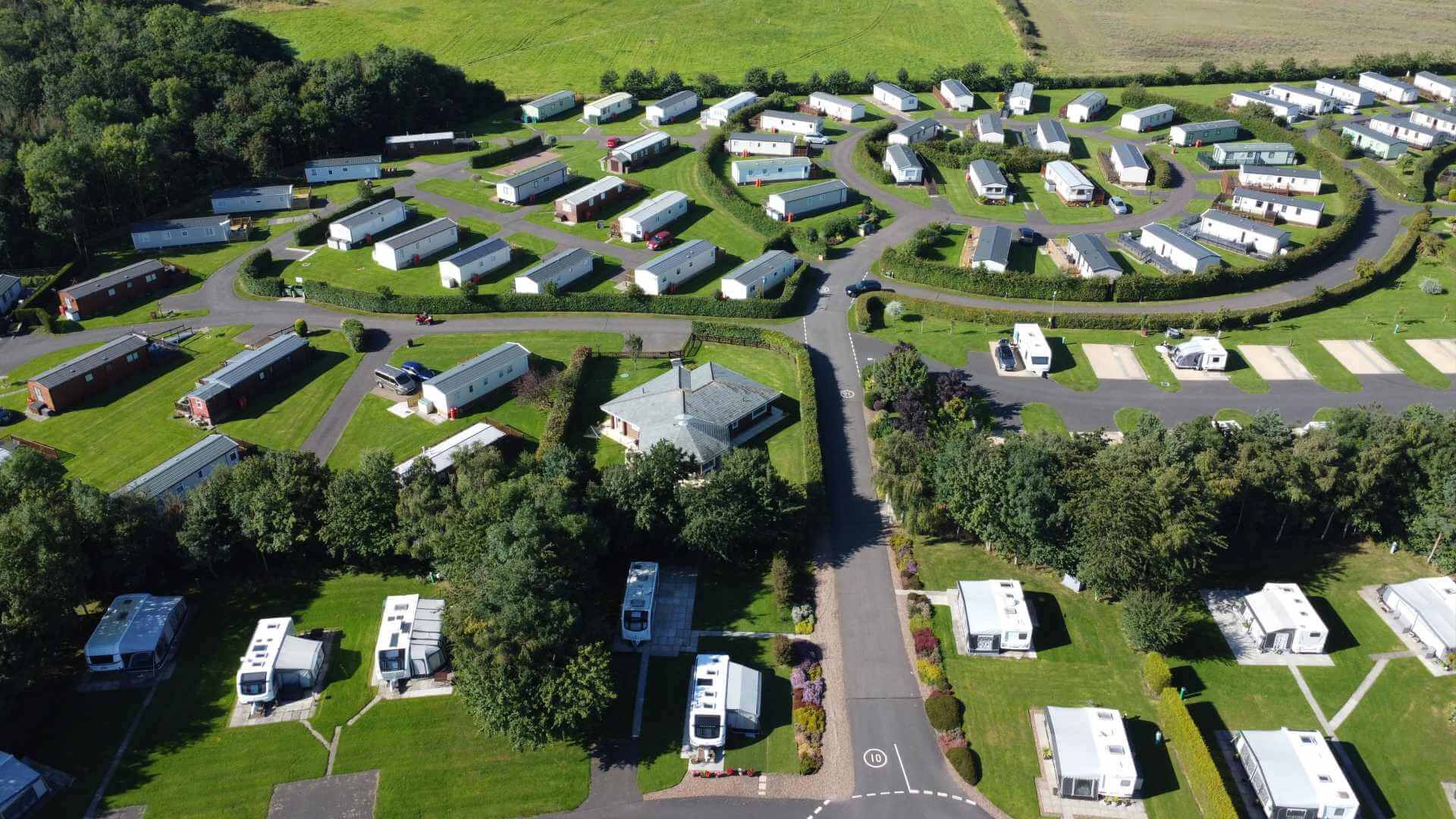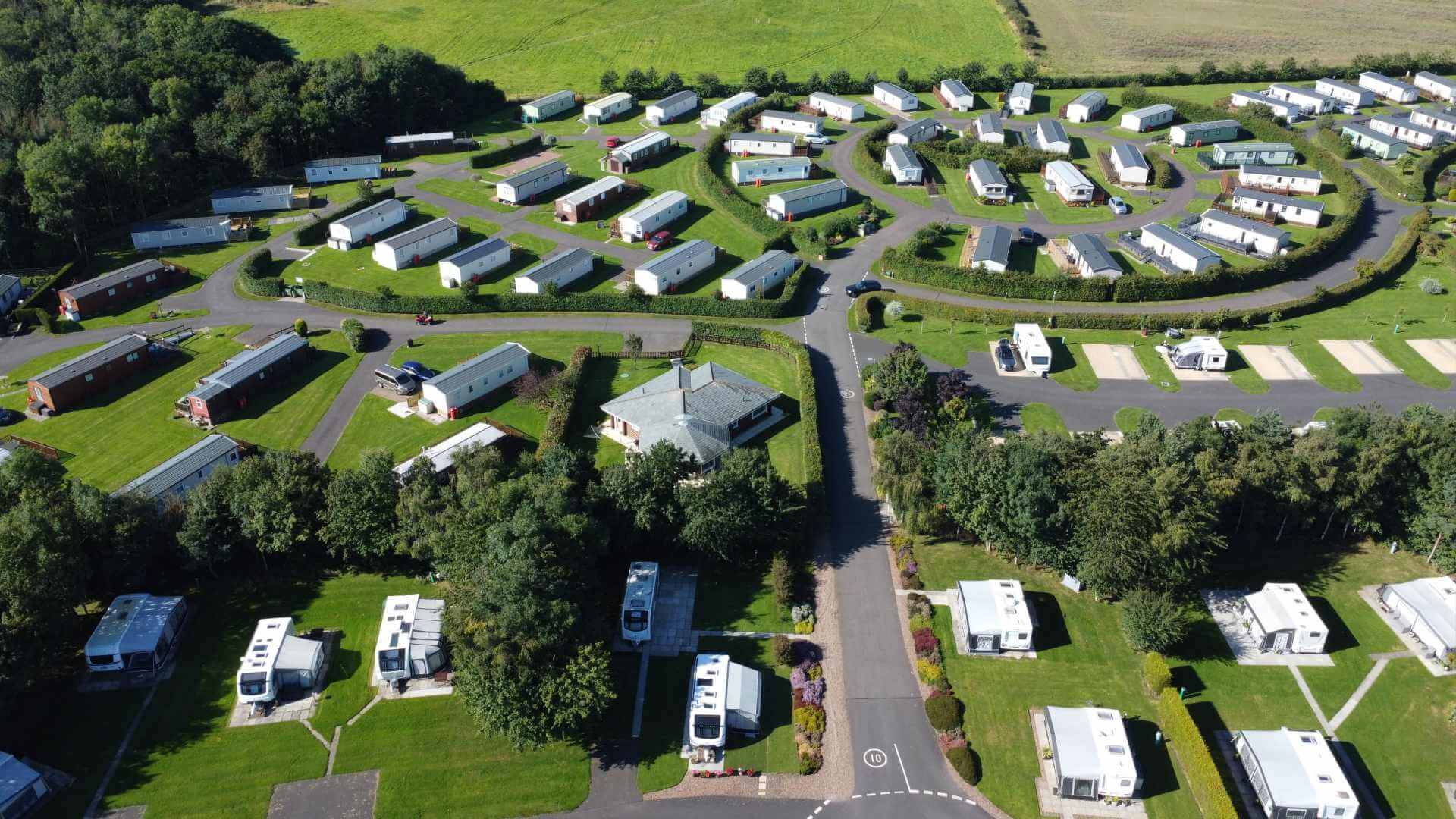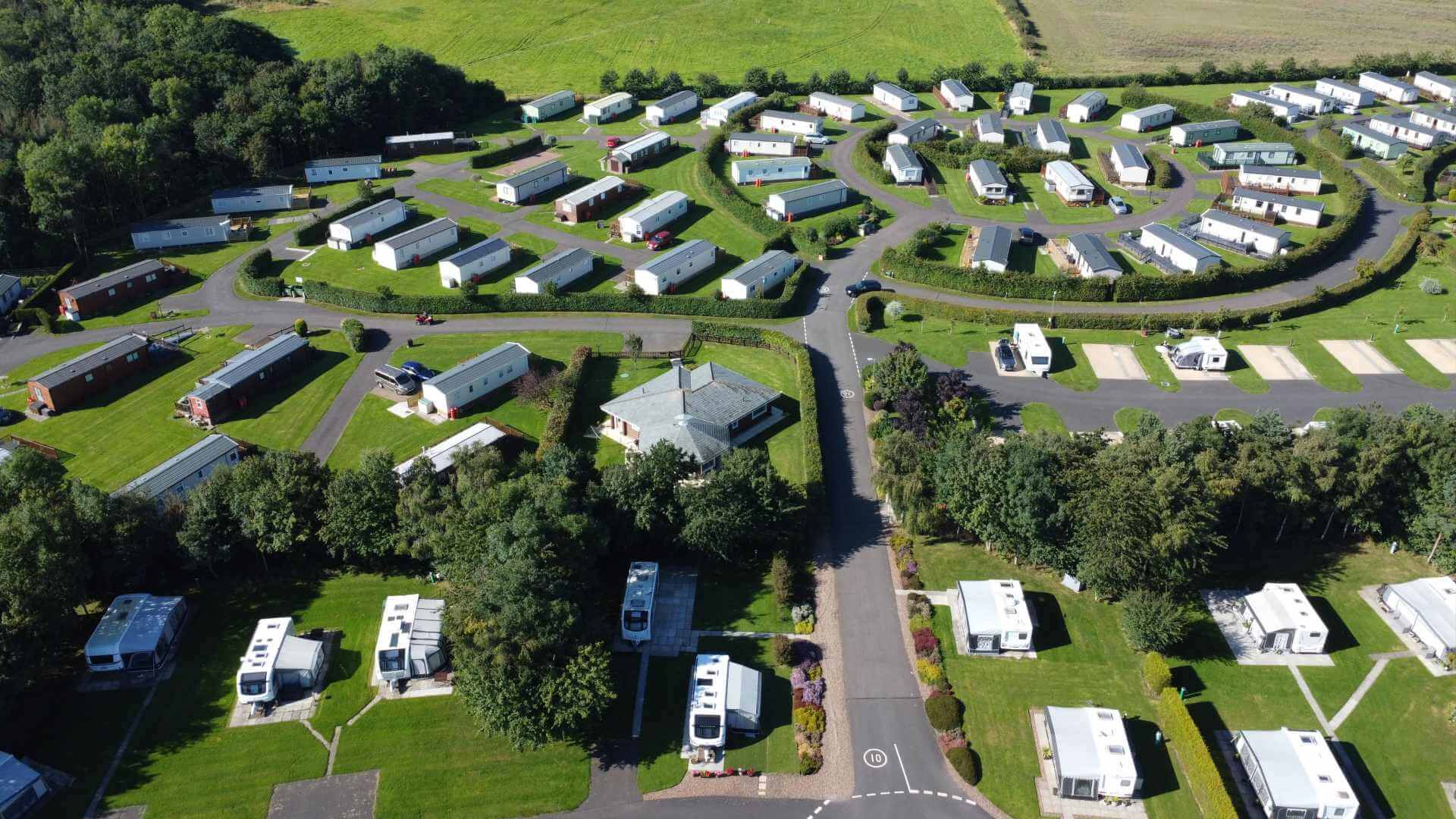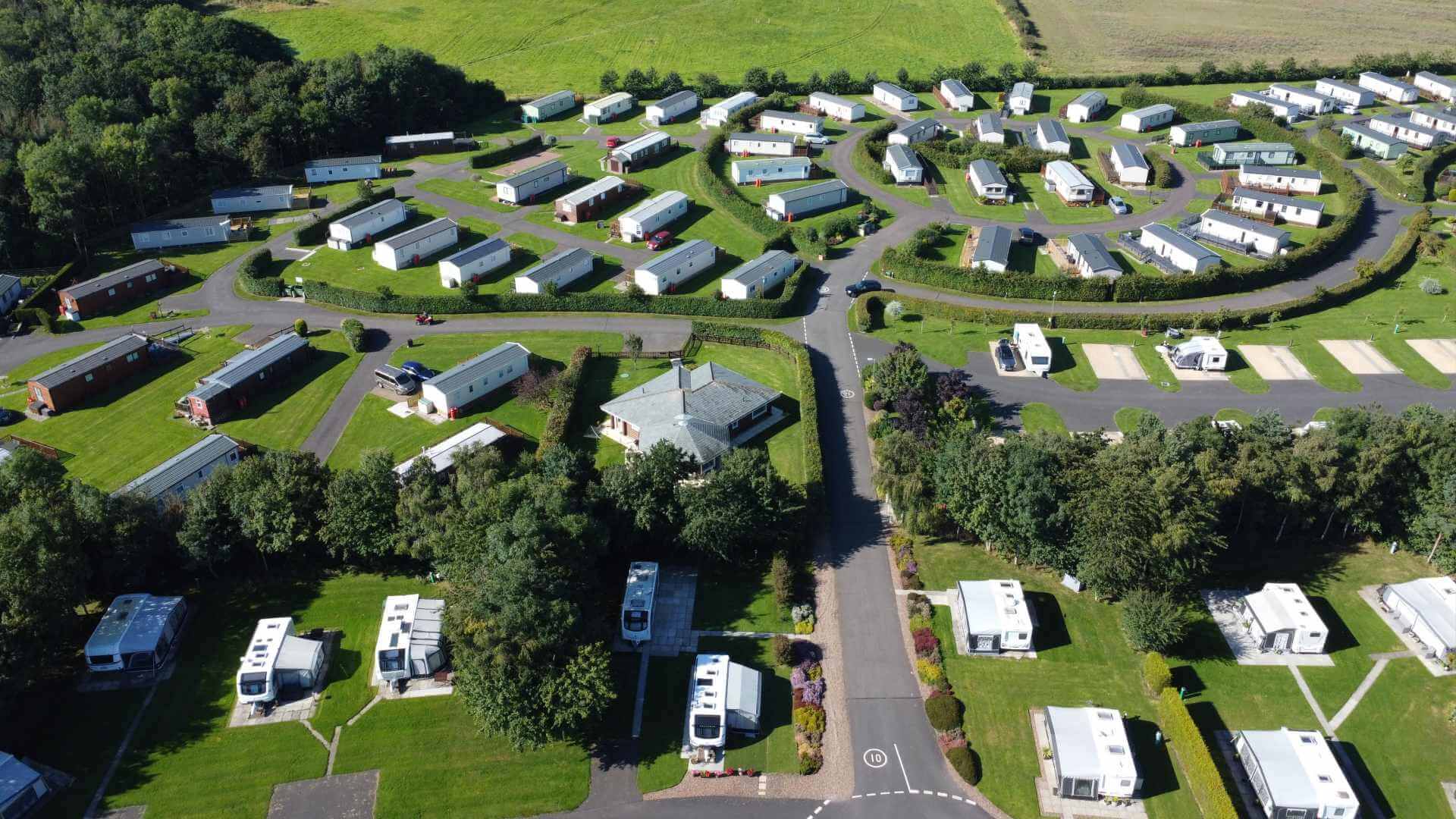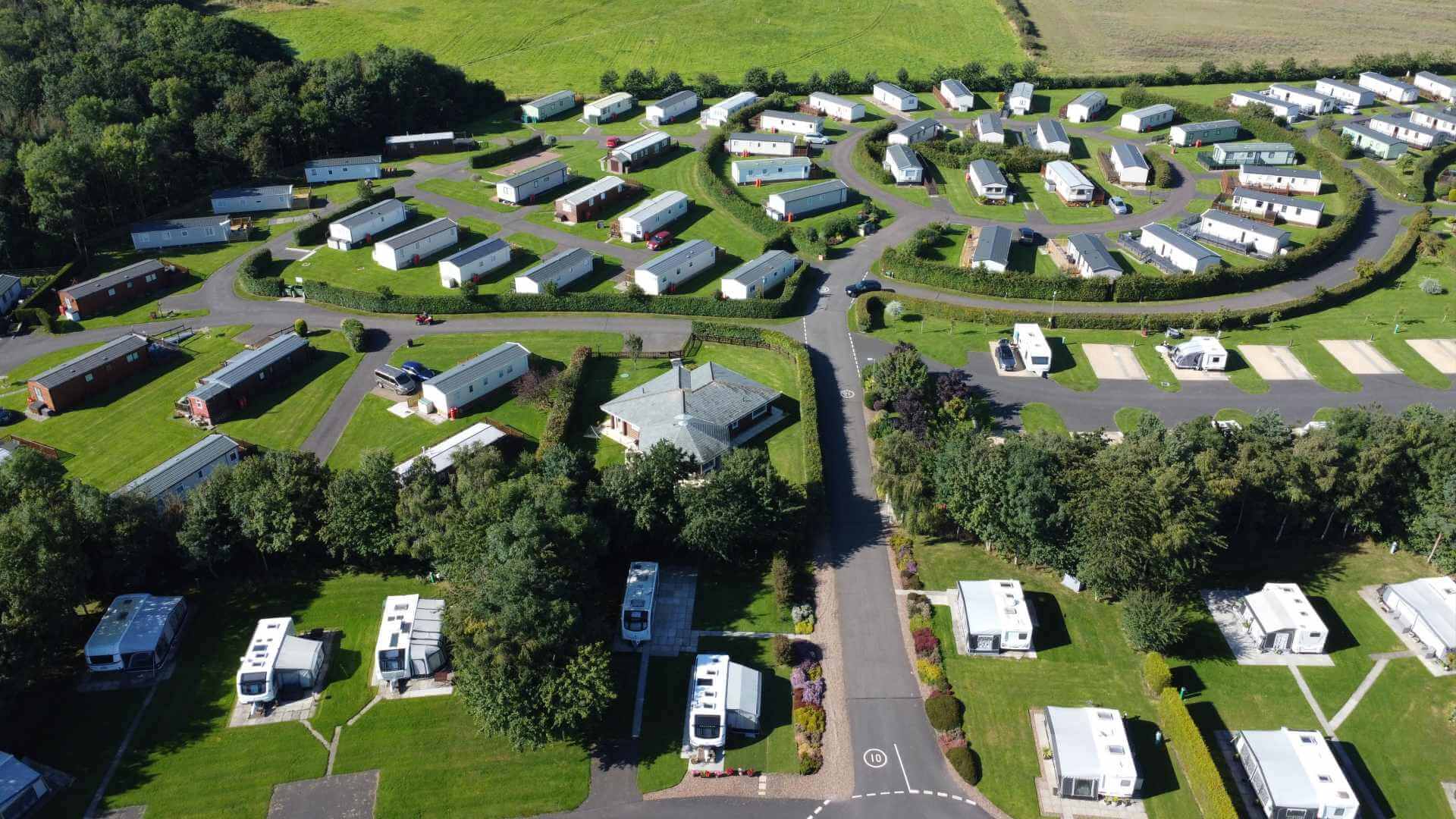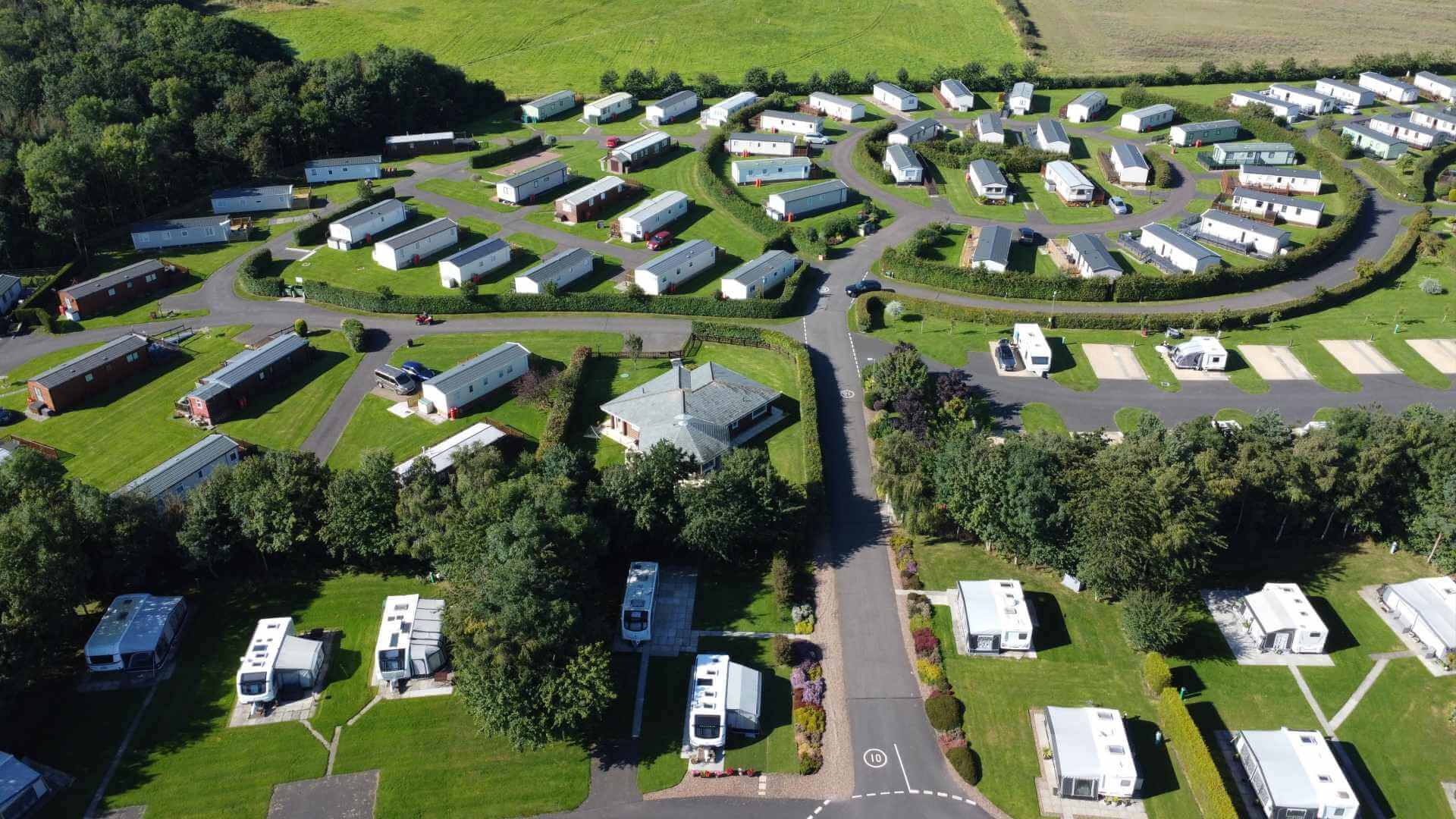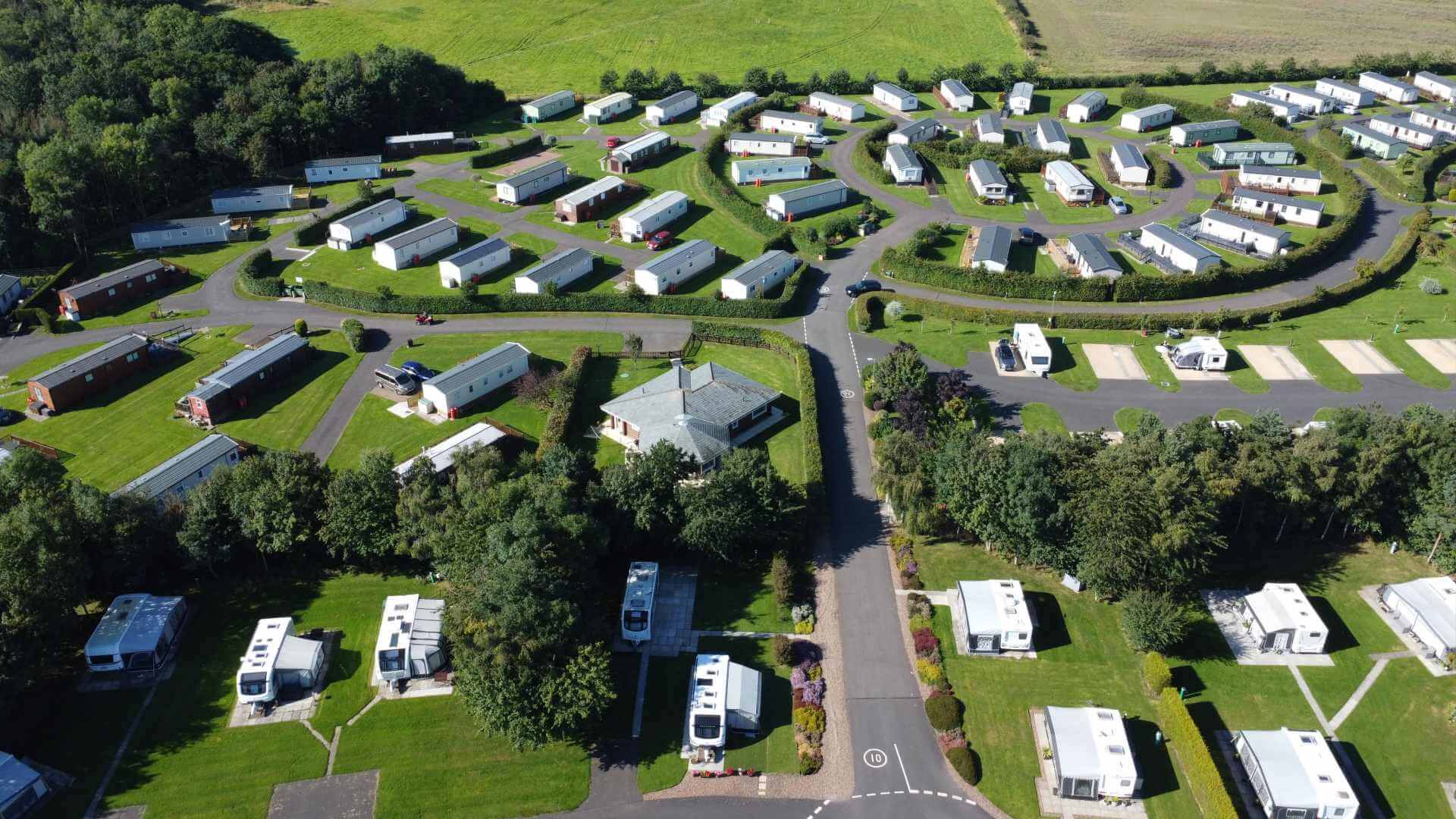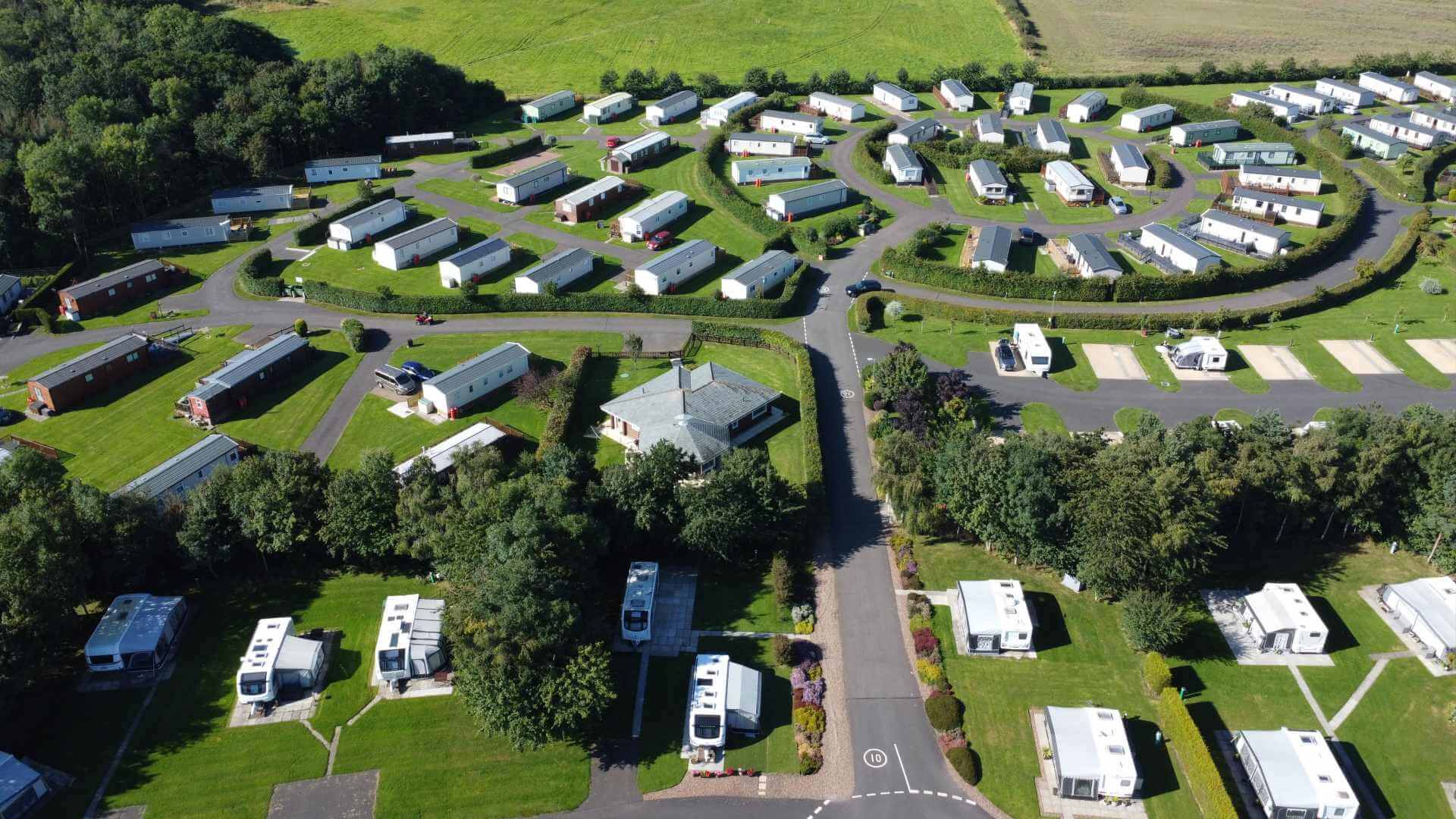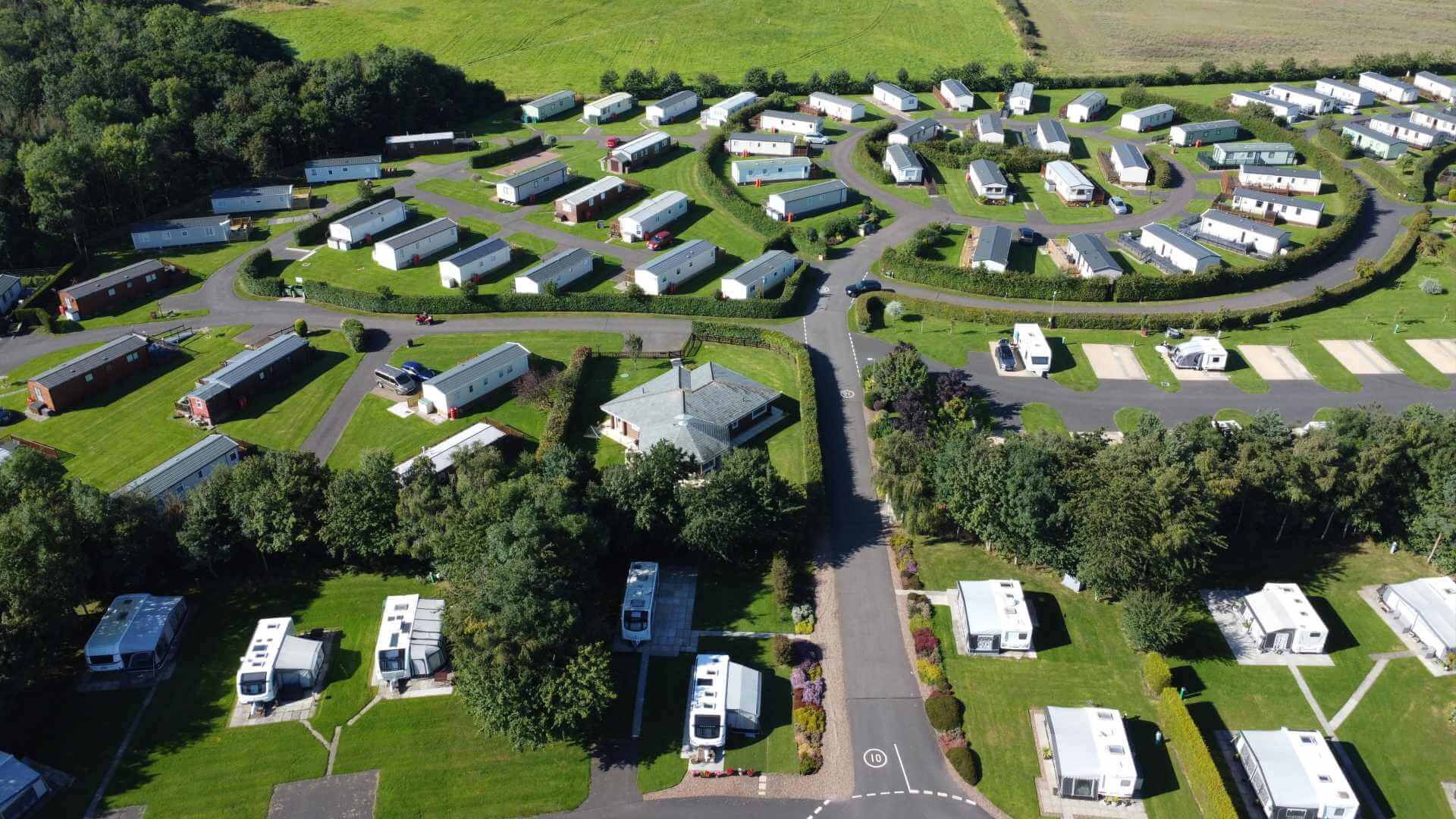Caravan parks and holiday parks face unique risks, with flooding being one of the most devastating threats to both business operations and …
Caravan Park Cyber Insurance: Protecting Your Holiday Business from Digital Threats
The caravan park industry has undergone a digital transformation in recent years. From online booking systems and payment processing to guest Wi-Fi networks and smart security systems, modern caravan parks rely heavily on technology to deliver exceptional guest experiences. However, this digital evolution brings significant cyber risks that traditional insurance policies simply don't cover.
Why Caravan Parks Need Cyber Insurance
Caravan parks handle vast amounts of sensitive data daily, including guest personal information, payment card details, booking histories, and business financial records. This makes them attractive targets for cybercriminals who view holiday accommodation providers as potentially vulnerable due to seasonal staffing, limited IT resources, and the perception of weaker security measures compared to larger hospitality chains.
The consequences of a cyber attack on a caravan park can be devastating. Beyond the immediate financial losses, parks face potential regulatory fines, legal action from affected guests, and long-term reputational damage that can impact bookings for years to come.
Common Cyber Threats Facing Caravan Parks
Data Breaches
Guest databases containing personal information, addresses, phone numbers, and payment details are prime targets for cybercriminals. A single breach can expose thousands of customer records, leading to identity theft and fraud.
Ransomware Attacks
Malicious software that encrypts your booking systems, payment platforms, and operational databases, demanding payment for restoration. This can completely shut down operations during peak season.
Payment Card Fraud
Online booking systems and on-site payment terminals are vulnerable to skimming attacks and payment card data theft, potentially affecting hundreds of guests.
Business Email Compromise
Fraudsters impersonate park management to redirect payments, steal sensitive information, or trick staff into transferring funds to criminal accounts.
Wi-Fi Network Exploitation
Guest Wi-Fi networks can be compromised to steal personal information from visitors or used as entry points to access park management systems.
Website and Booking System Attacks
Cybercriminals may target your website to steal customer data, redirect bookings to competitor sites, or inject malicious code that infects visitor devices.
What Caravan Park Cyber Insurance Covers
Data Breach Response
- Immediate incident response and forensic investigation
- Legal costs and regulatory compliance support
- Customer notification expenses and credit monitoring services
- Public relations support to manage reputational damage
- Regulatory fines and penalties (where legally permissible)
Business Interruption
- Lost revenue during system downtime
- Additional expenses to maintain operations
- Costs of alternative booking and payment systems
- Staff overtime and temporary IT support
Cyber Liability
- Third-party claims from affected guests
- Legal defense costs and settlements
- Regulatory investigation expenses
- Credit card company fines and assessments
System Restoration
- Data recovery and system rebuilding costs
- Ransomware payment coverage (where appropriate)
- Hardware replacement and software licensing
- IT consultant and specialist support fees
Cyber Extortion
- Ransom payments and negotiation costs
- Professional crisis management support
- Additional security measures implementation
Industry-Specific Considerations for Caravan Parks
Seasonal Operations
Many caravan parks operate seasonally, with limited year-round staff and IT support. Cyber insurance should account for these operational patterns and provide 24/7 incident response regardless of season.
Multiple Revenue Streams
Modern caravan parks often generate income from pitch rentals, static caravan sales, on-site shops, restaurants, and entertainment facilities. Comprehensive cyber coverage should protect all these revenue streams.
Guest Wi-Fi Liability
Providing Wi-Fi to guests creates additional liability exposure. Your policy should cover incidents arising from guest network usage and any resulting third-party claims.
Booking Platform Integration
Many parks use third-party booking platforms and property management systems. Ensure your coverage extends to incidents involving these integrated services.
Compliance Requirements
Caravan parks must comply with various data protection regulations including GDPR. Your cyber insurance should provide regulatory compliance support and cover potential fines.
Choosing the Right Cyber Insurance for Your Caravan Park
Coverage Limits
Consider your annual revenue, number of guest records, and potential business interruption costs when selecting coverage limits. Many parks underestimate their exposure and purchase insufficient coverage.
Deductibles
Balance premium costs with deductible levels. Higher deductibles reduce premiums but increase out-of-pocket expenses during a claim.
Incident Response Services
Look for policies that include immediate access to cyber security experts, legal counsel, and public relations support. The first 24-48 hours after an incident are critical.
Business Interruption Coverage
Ensure the policy covers lost revenue from all income streams, not just accommodation bookings. Consider seasonal variations in revenue when calculating coverage needs.
Retroactive Coverage
Some policies provide coverage for incidents that occurred before the policy start date but were discovered afterward. This can be valuable for newly purchased coverage.
Risk Management and Prevention
Staff Training
Regular cybersecurity training for all staff, focusing on email security, password management, and recognizing social engineering attempts.
System Updates
Maintain current software versions and security patches across all systems, including booking platforms, payment terminals, and Wi-Fi infrastructure.
Access Controls
Implement strong password policies and multi-factor authentication for all administrative systems. Limit access to sensitive data on a need-to-know basis.
Regular Backups
Maintain secure, offline backups of all critical data and systems. Test restoration procedures regularly to ensure backups are functional.
Network Security
Separate guest Wi-Fi networks from business systems. Implement firewalls and intrusion detection systems to monitor for suspicious activity.
Vendor Management
Ensure all third-party service providers, including booking platforms and payment processors, maintain appropriate cybersecurity standards.
Claims Process and What to Expect
When a cyber incident occurs, immediate notification to your insurer is crucial. Most policies require notification within 24-72 hours of discovery. Your insurer will typically:
- Assign a dedicated claims handler and incident response team
- Coordinate forensic investigation to determine the scope and cause
- Provide legal counsel for regulatory and third-party issues
- Manage customer communications and credit monitoring services
- Cover approved expenses and coordinate system restoration
Cost Factors for Caravan Park Cyber Insurance
Premium costs vary based on several factors:
- Annual revenue and number of guest records
- Types of data collected and stored
- Security measures and risk management practices
- Claims history and industry loss experience
- Coverage limits and deductible selections
- Geographic location and regulatory environment
Typical premiums for caravan parks range from £1,000 to £5,000 annually, depending on size and risk profile. This represents a small fraction of potential cyber incident costs, which can easily exceed £100,000 for significant breaches.
Regulatory Compliance Considerations
Caravan parks must comply with various regulations:
GDPR (General Data Protection Regulation)
Strict requirements for data protection, breach notification, and customer consent. Fines can reach 4% of annual turnover or £17.5 million, whichever is higher.
PCI DSS (Payment Card Industry Data Security Standard)
Mandatory for businesses processing payment card data. Non-compliance can result in fines and increased processing fees.
Data Protection Act 2018
UK implementation of GDPR with additional provisions for data processing and individual rights.
Your cyber insurance should provide compliance support and cover regulatory fines where legally permissible.
Working with Cyber Insurance Specialists
Given the complexity of cyber risks and insurance coverage, it's essential to work with brokers who understand both the caravan park industry and cyber insurance markets. Look for:
- Experience with hospitality and tourism sector cyber risks
- Access to specialist cyber insurance markets
- Understanding of seasonal business operations
- Ability to provide risk assessment and mitigation advice
- Claims handling experience and insurer relationships
Future Considerations
The cyber threat landscape continues to evolve, with new risks emerging regularly. Consider how future technology adoption might affect your risk profile:
- Smart pitch monitoring and utility systems
- Mobile apps for guest services and communication
- IoT devices for security and environmental monitoring
- Cloud-based property management systems
- Contactless payment and digital check-in systems
Ensure your cyber insurance coverage can adapt to these technological changes and emerging threats.
Conclusion
Cyber insurance is no longer optional for caravan parks in today's digital environment. The combination of sensitive guest data, online booking systems, and increasing cyber threats creates significant exposure that traditional insurance policies don't address.
A comprehensive cyber insurance policy provides essential financial protection and expert support when incidents occur. However, insurance should complement, not replace, strong cybersecurity practices and staff training.
By understanding your unique risks, implementing appropriate security measures, and securing comprehensive cyber insurance coverage, you can protect your caravan park business from the growing threat of cyber attacks while maintaining the digital services that modern guests expect.
The cost of cyber insurance is minimal compared to the potential losses from a significant cyber incident. Don't wait until it's too late – assess your cyber risks and secure appropriate coverage today.


 0330 127 2333
0330 127 2333
